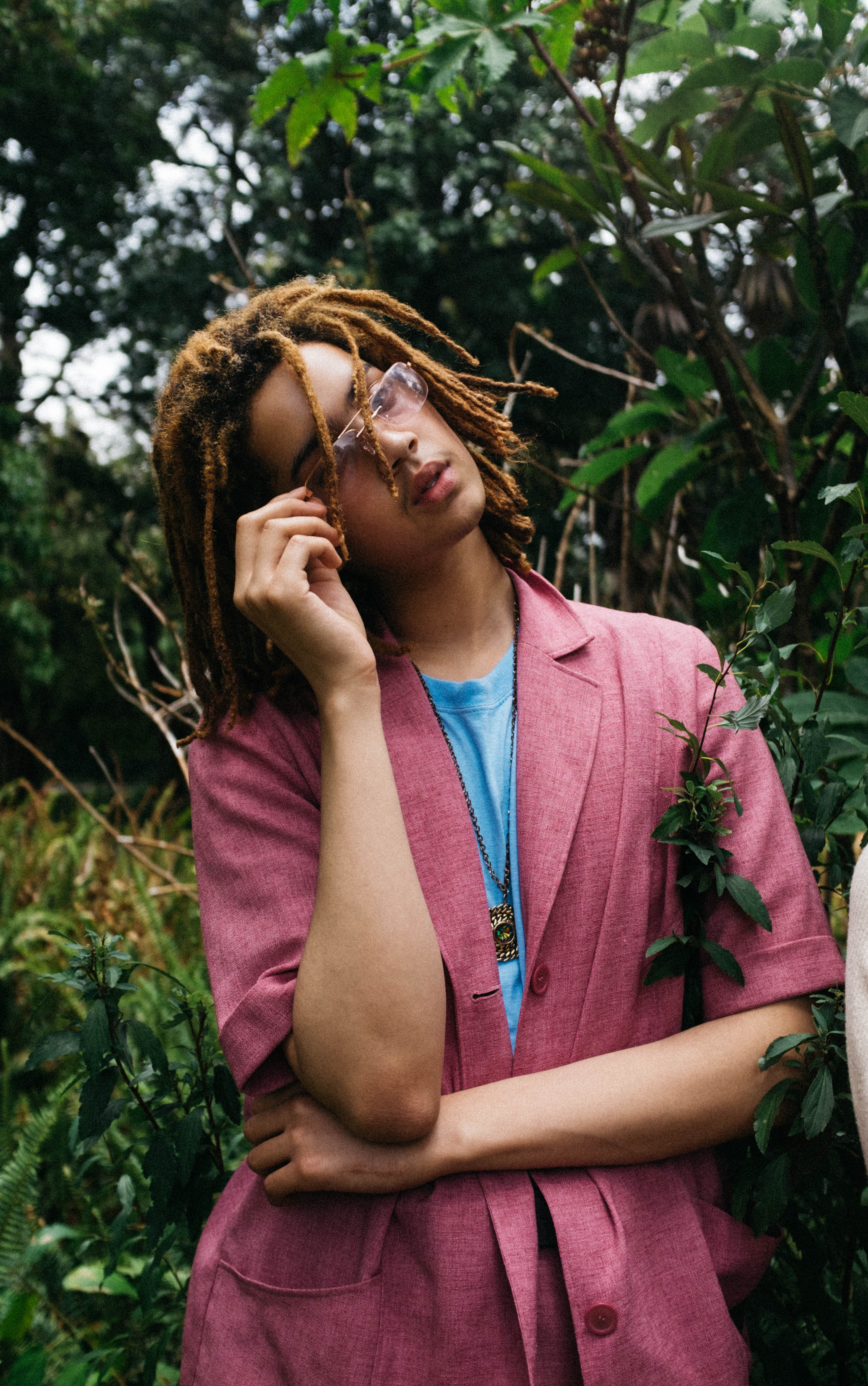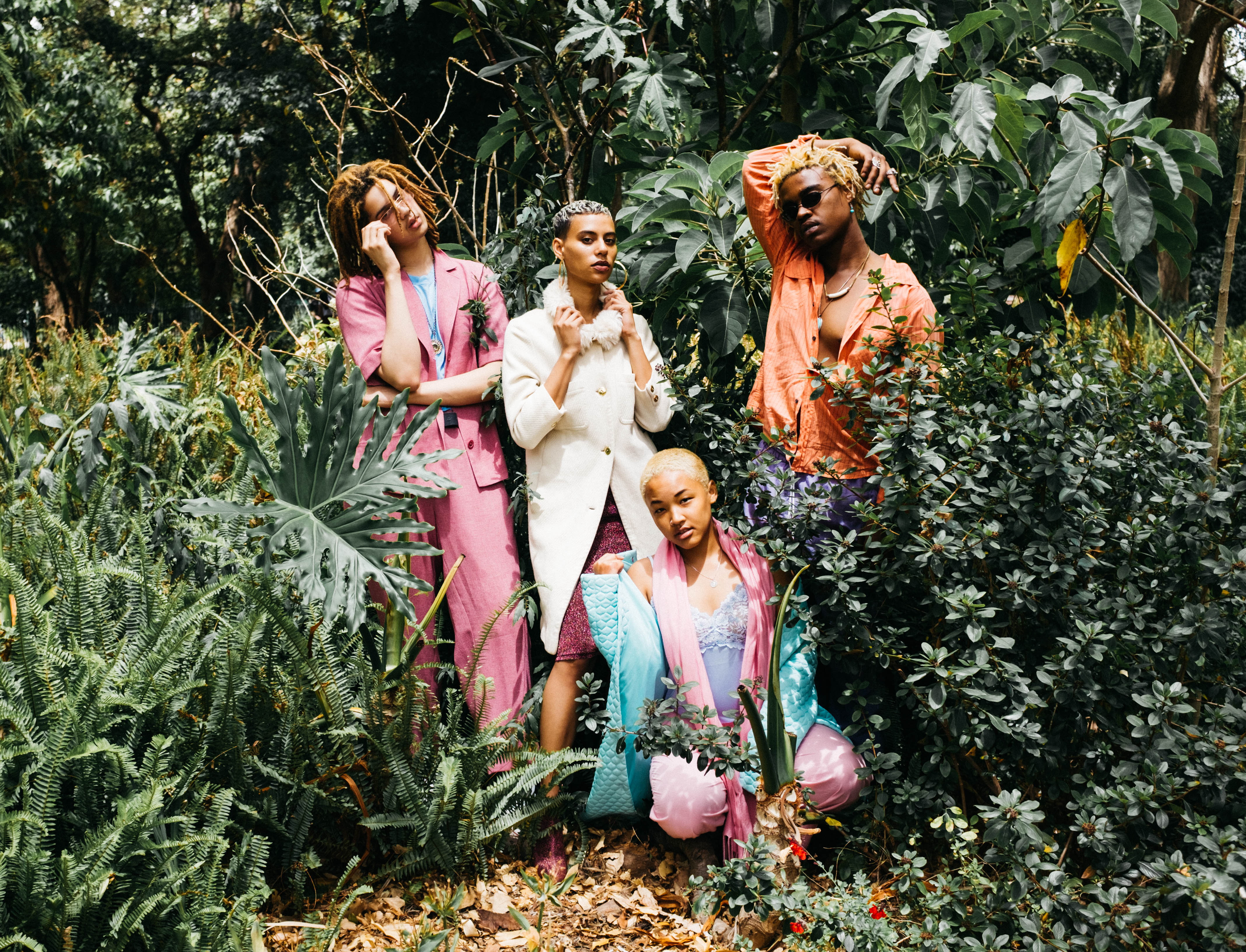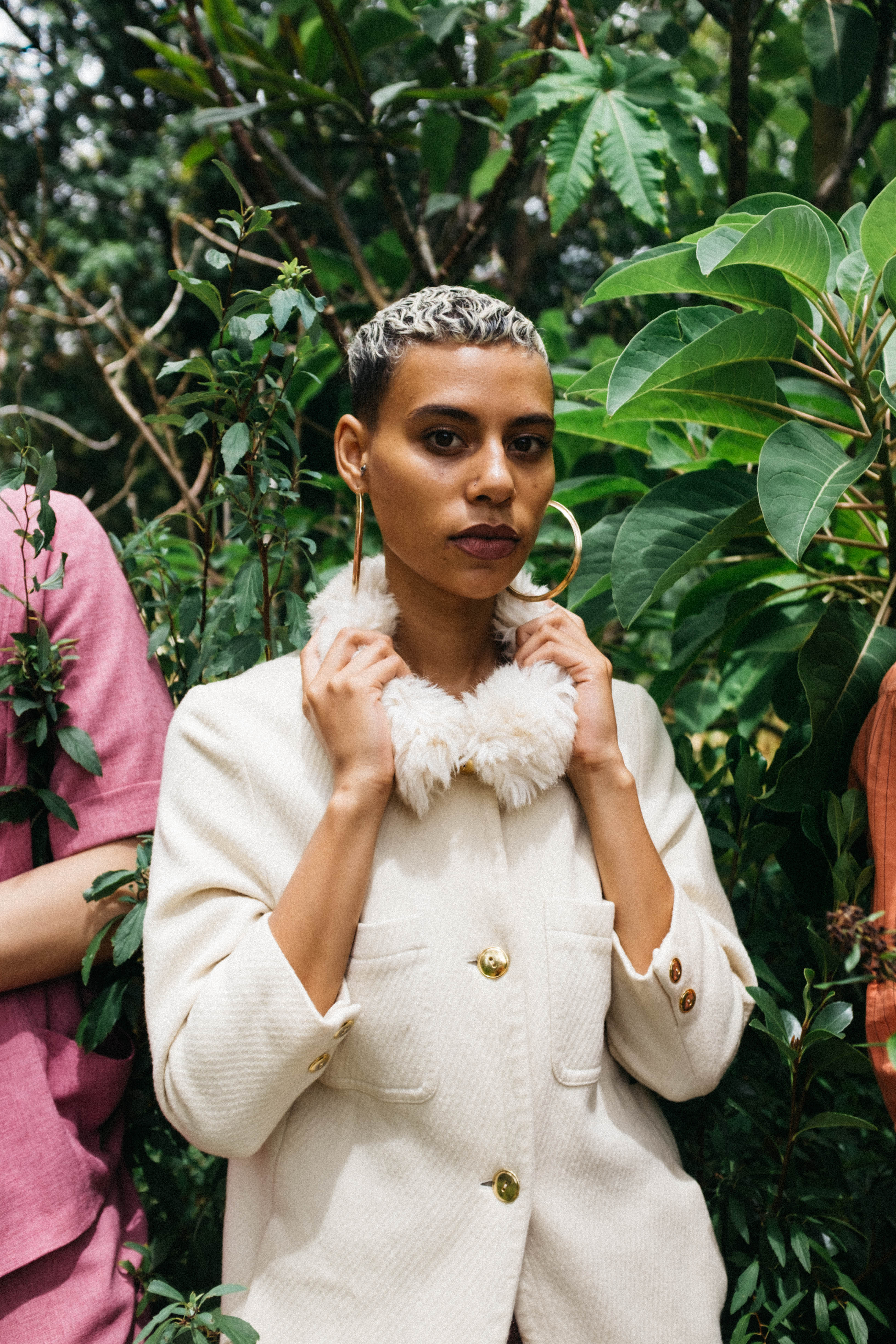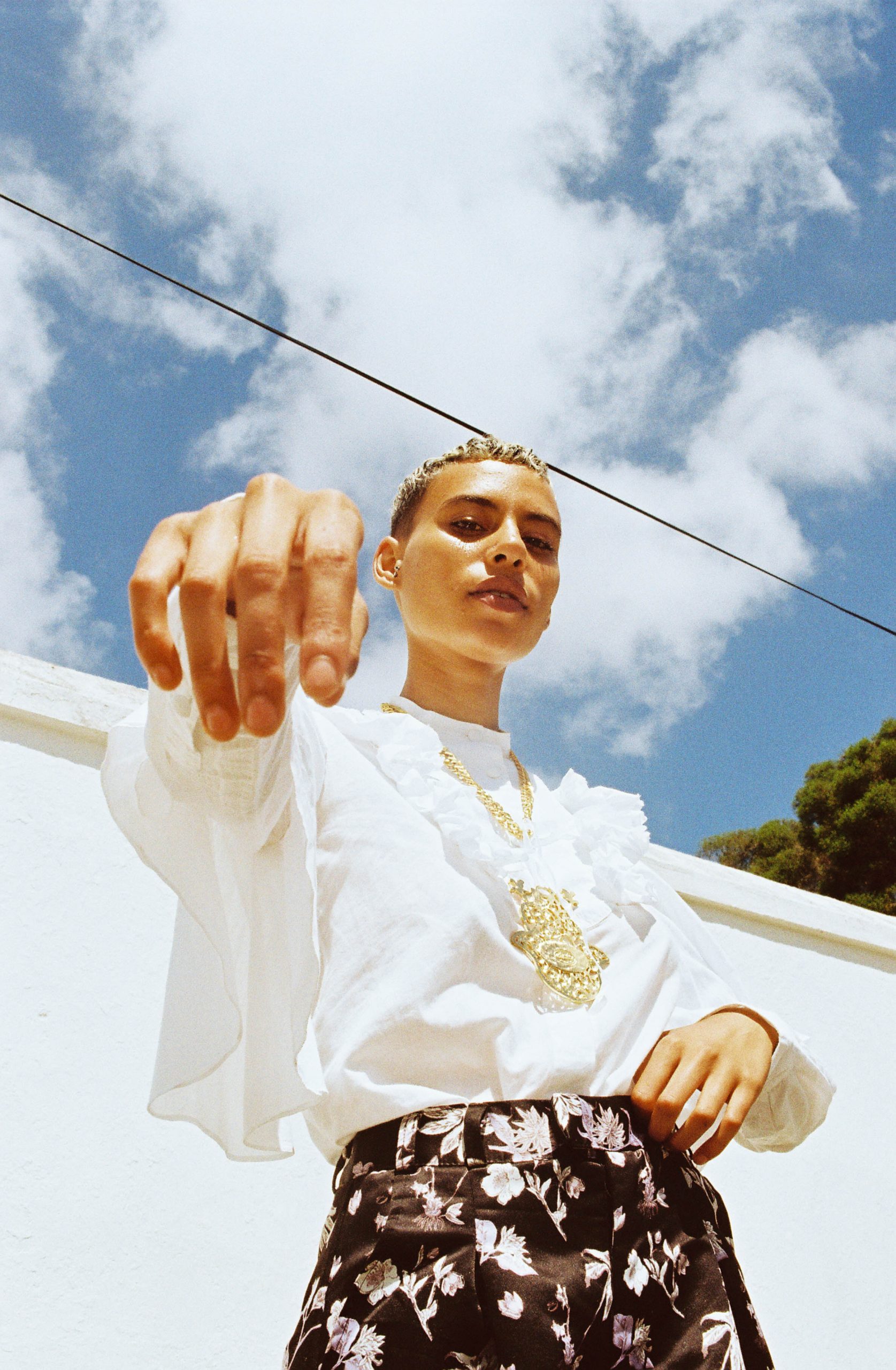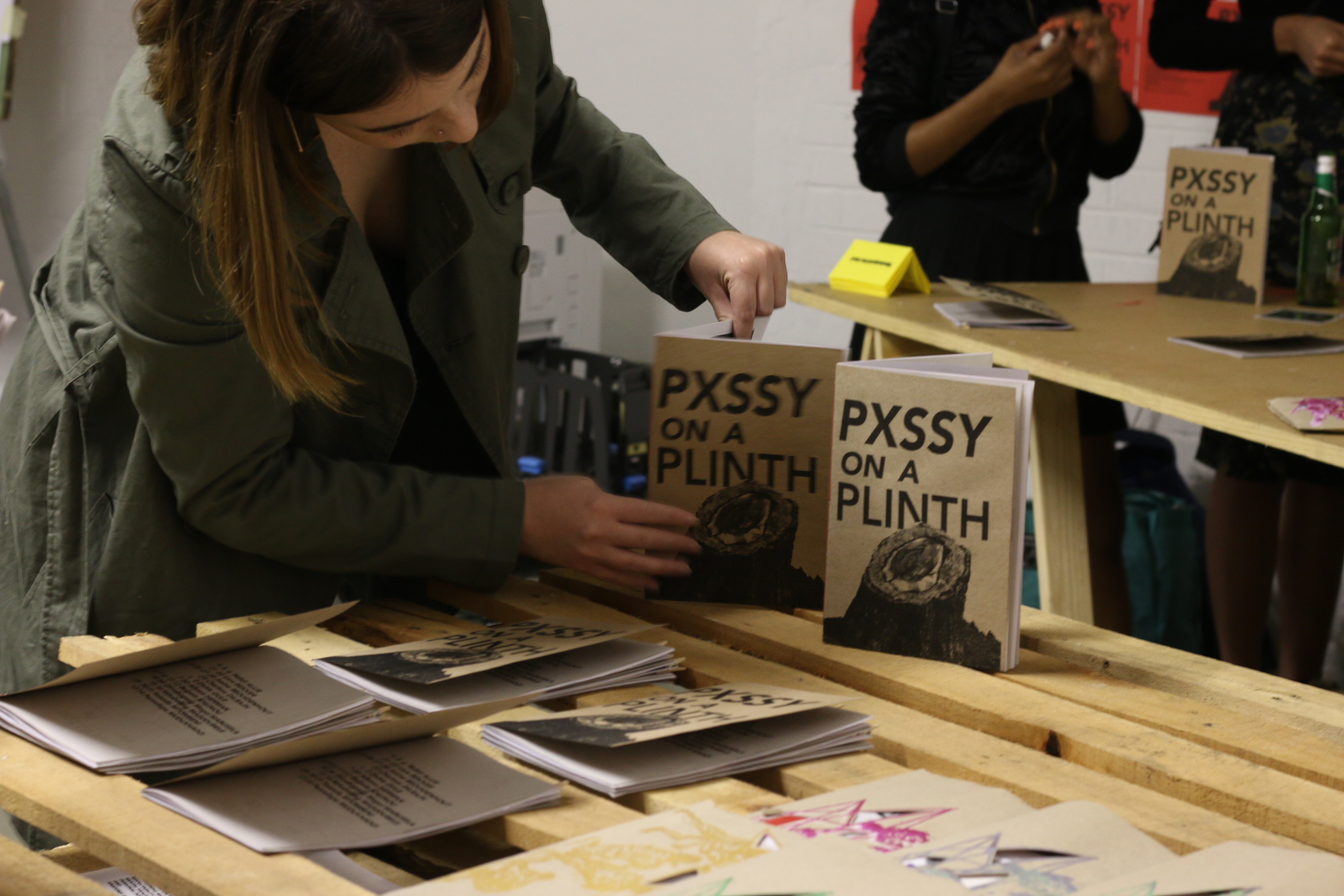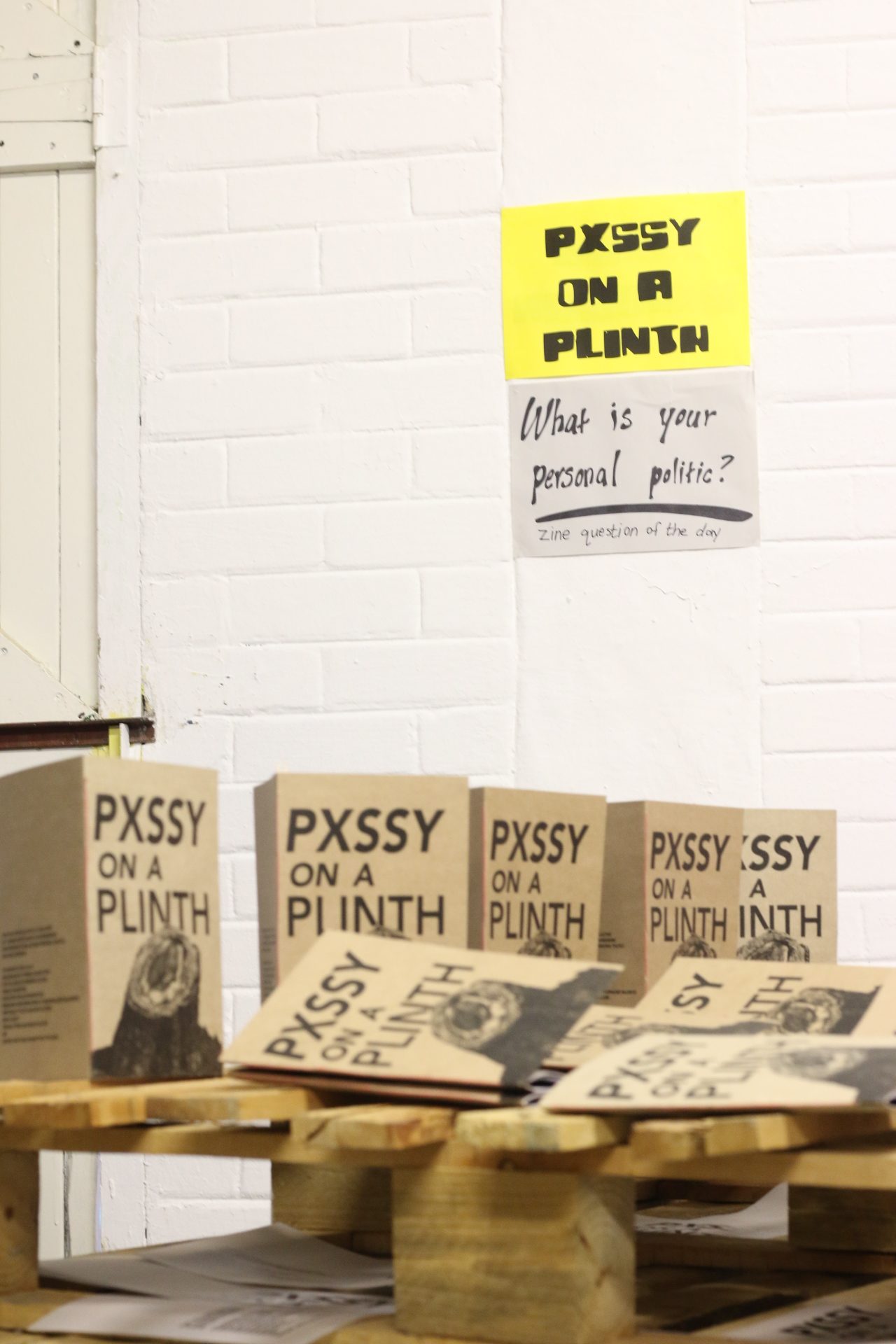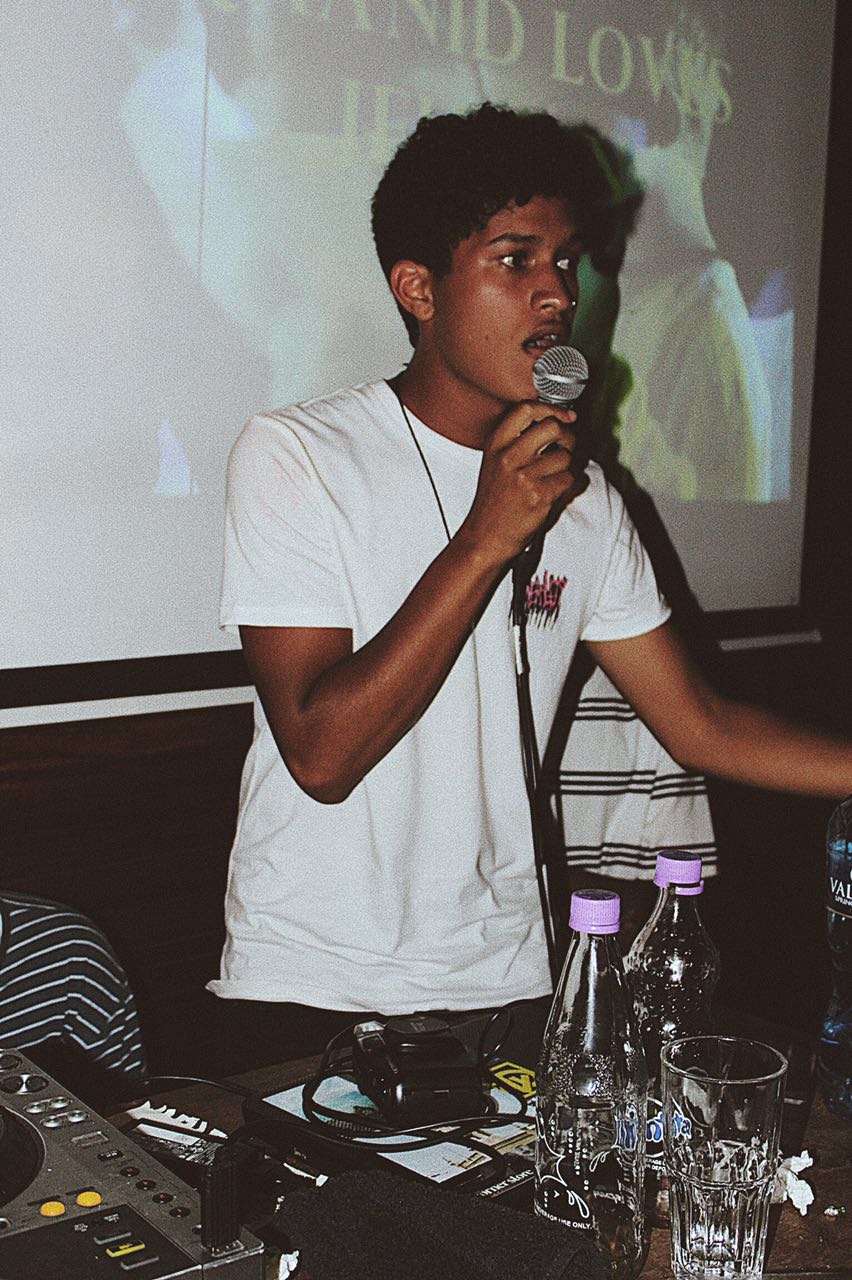The Fantastic Agency first opened its doors in January of this year, baring Capetonians originality and a neoteric array of faces on its tantalizing roster. Fantastic is the brainchild of the prominent casting director and stylist, Fani Segerman. Taking on a variety of positions within the advertising and fashion industries over the past ten years, she identified a gap for a new agency. Her focus with this new venture was, and still is, to find and represent the undiscovered talent hidden within the city of Cape Town. Scouting faces from the Instagram accounts and the streets, Fani aspires to develop models and talent into industry jewels. “I focus on discovering and developing fresh talent, and through my talent selection try to make a shift in the industry that is still very traditional or backwards when it comes to representation.”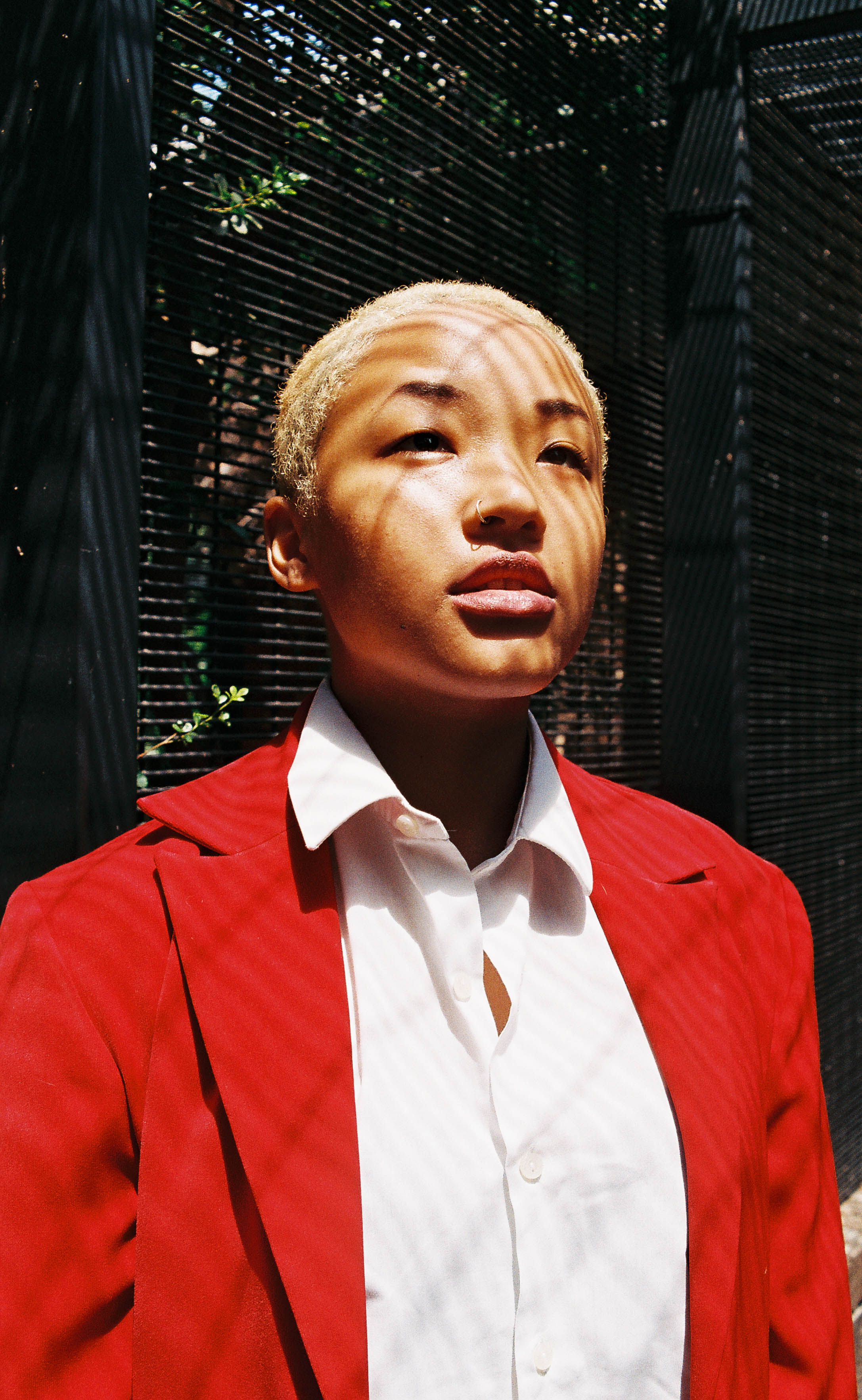 Reflecting on her journey Fani states, “I was a stylist for many years, doing TV ads, stills campaigns and editorials. I would often source the models for these jobs and started to really enjoy that side of it. I joined an agency at 17 and in my twenties I started working there, learning different sides of the business.”
Reflecting on her journey Fani states, “I was a stylist for many years, doing TV ads, stills campaigns and editorials. I would often source the models for these jobs and started to really enjoy that side of it. I joined an agency at 17 and in my twenties I started working there, learning different sides of the business.”
Fani attributes the trajectory of her career largely to the influence of Candice Hatting who trained her as a casting director. Having worked for both of Candice’s businesses for a number of years, Fani had picked up a great deal of experience that equipped her with the industry know how to start her own agency. “I kind of lost my love for fashion along the way and gained a passion for people, studying psychology in my spare time and falling in love with the world of casting and talent representation.”
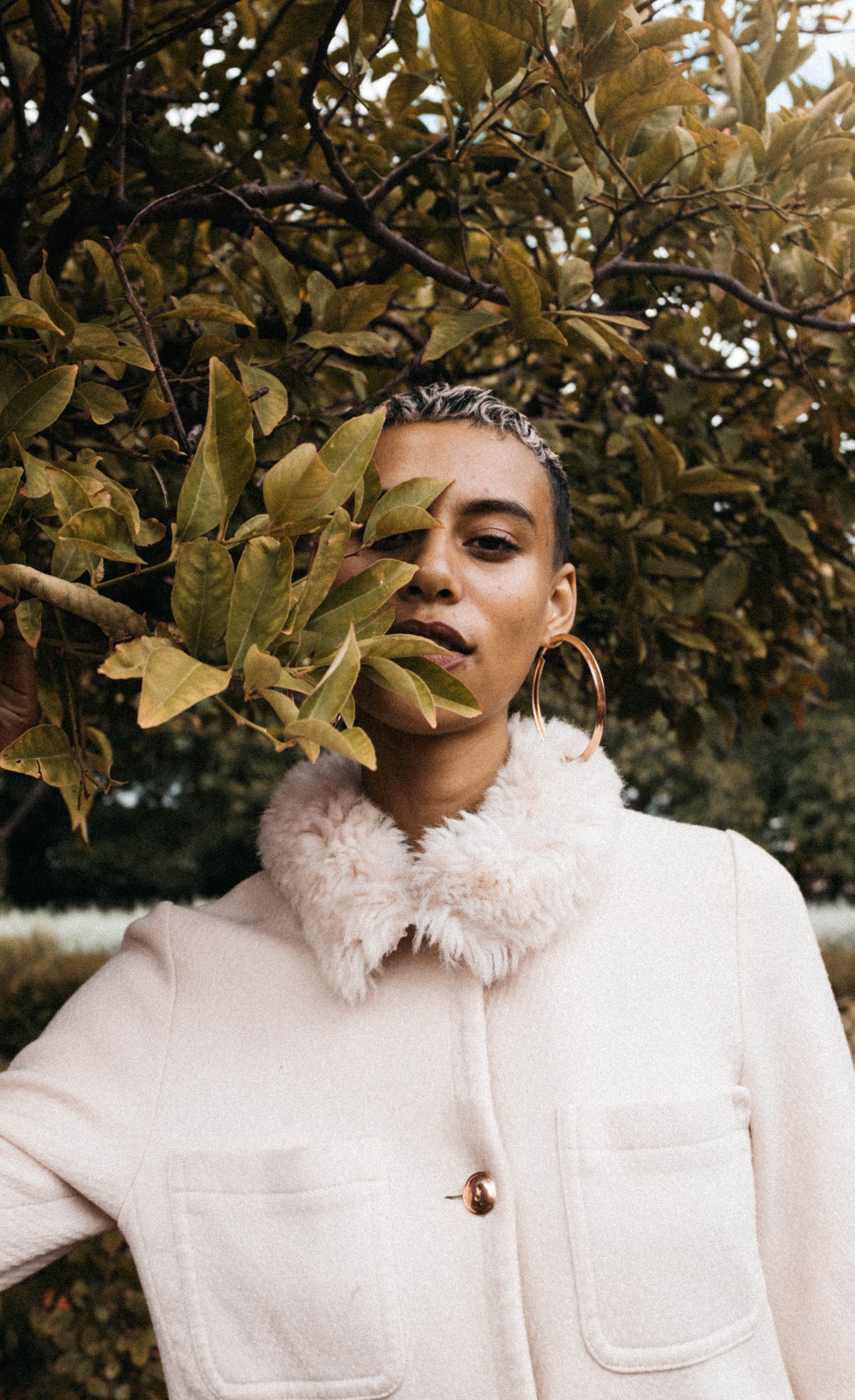 Although Fani is no longer as invested in fashion as she had been before, she is “dipping” her toes back into styling and collaborating with photographers to create images for Fantastic.
Although Fani is no longer as invested in fashion as she had been before, she is “dipping” her toes back into styling and collaborating with photographers to create images for Fantastic.
The agency seeks to grow its talent and model representation in order to progress together with the advertising, modelling and fashion industries in South Africa and abroad. The vision for the agency is outlined by its founder on the website as follows: “We represent the full package- the people you stalk online, the muses, the ambassadors, the visionaries who bring life to brands. Fantastic aims to represent a broad and diverse range of talent.”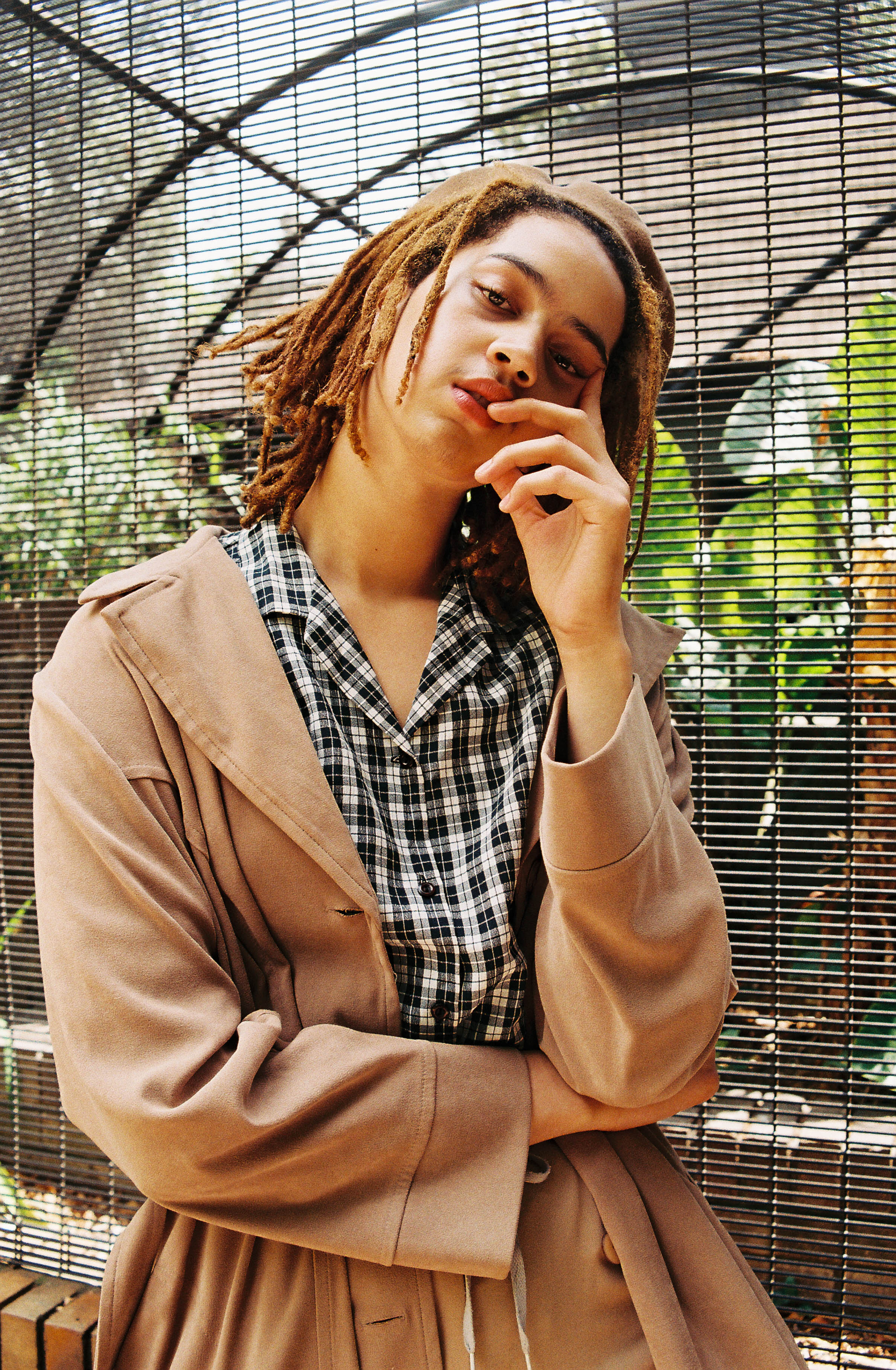 Fani expresses, “In an industry based largely on image and appearance, I am trying to shift the focus to better represent the people who are often overlooked or excluded. I hope to push the importance of self-love, by supporting and building up my models so that this industry is a source of happiness and excitement for them and not one of anxiety and frustration. I really believe that representation in the modelling world is so vital and I hope that can translate through the work I am doing at Fantastic.”
Fani expresses, “In an industry based largely on image and appearance, I am trying to shift the focus to better represent the people who are often overlooked or excluded. I hope to push the importance of self-love, by supporting and building up my models so that this industry is a source of happiness and excitement for them and not one of anxiety and frustration. I really believe that representation in the modelling world is so vital and I hope that can translate through the work I am doing at Fantastic.”
With self-love, support and heterogeneous casting as the pillars of the agency, Fantastic is well on its way to breaking away from established industry norms, and achieving its objective to make the space one of enrichment and excitement.
Credits:
